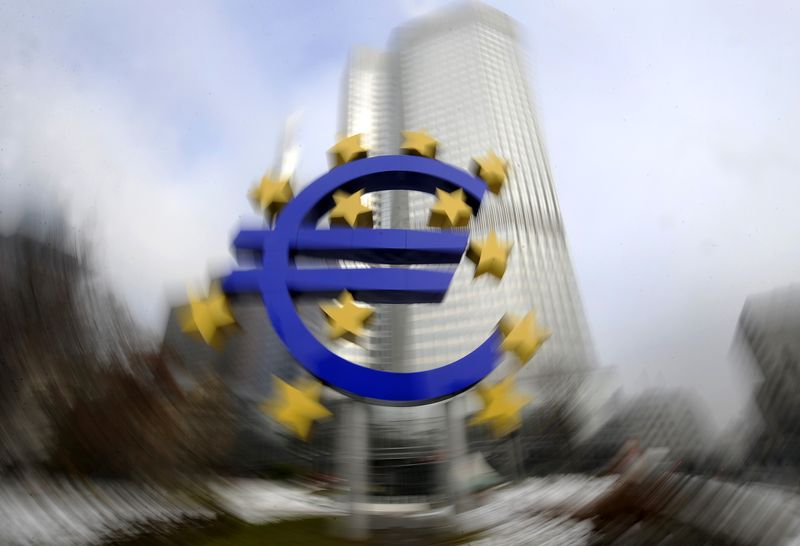An interest rate cut by the European Central Bank (ECB) on June 6 seems certain, according to the results of Reuters after a poll among 82 economists. The majority also foresees two additional cuts in September and December.
However, financial markets are pricing in just two ECB rate cuts for 2024, down significantly from the six expected at the start of the year, marking a rare discrepancy with economists forecasting more rate cuts than traders.
Despite positive signals on inflation figures, recent wage growth raises questions about how quickly the ECB can cut interest rates. The bank has heavily hinted at a cut in June in recent communications from policymakers.
All 82 economists surveyed between May 21 and 28 predict that the ECB will cut the deposit rate by 25 basis points to 3.75% on June 6. Still, the debate over the ECB’s room for maneuver has intensified, especially as the US Federal Reserve still has not announced its own interest rate cuts, which are now not expected until September at the earliest.
Most economists, 55 out of 82, expect the ECB Governing Council to cut interest rates again in September and December. These estimates are up from just over half in an April survey.
The consensus for three rate cuts in 2024 comes as some economists scale back their forecasts for overall rate cuts this year. Only 22% see deposit rates at 3.00% or lower at the end of 2024, compared to almost 40% last month.
Asked about the likelihood of ECB rate cuts this year, almost three-quarters of economists (25 out of 34) believe fewer cuts are more likely than additional ones. Of the 77 respondents who contributed to both this and last month’s surveys, more than a quarter now expect fewer interest rate cuts.
The average response from 35 economists suggests that the ECB, which raised rates by 450 basis points between July 2022 and September 2023, will cut the deposit rate by 150 basis points to 2.50% in the coming cycle.
However, with wage growth expected to remain above 3% until at least 2026 – the level the ECB associates with its 2% inflation target – inflation could remain high for longer.
Inflation is expected to rise this month from 2.4% in April to 2.5% this month, according to a separate Reuters poll, and is not expected to reach inflation until the third quarter of 2025.


